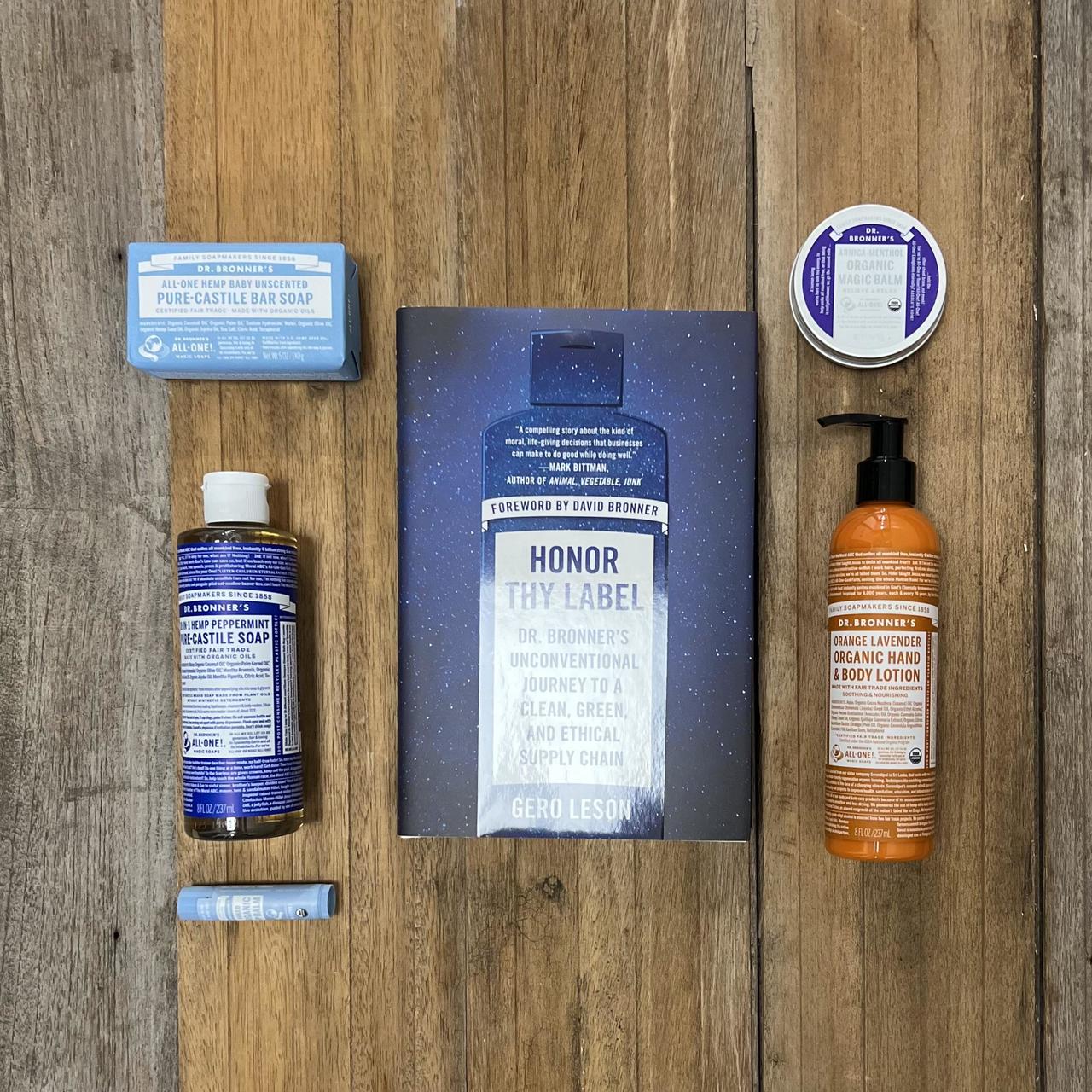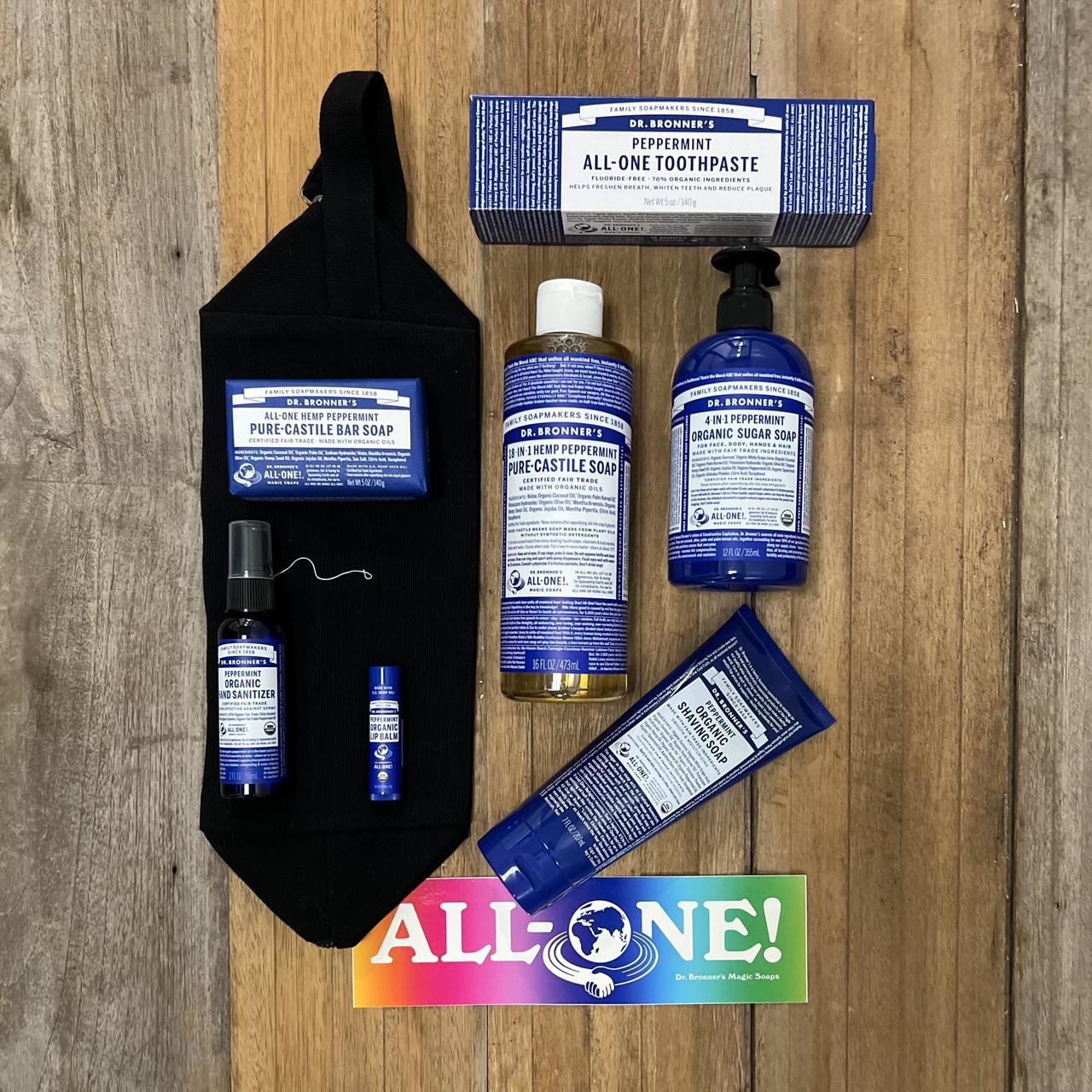Fair Trade
How do fair trade practices impact people and planet?
Introduction: The Impact of Fair Trade
How often do you think about the ethics behind the food you eat? Cacao, a globally beloved ingredient, is used in everything from drinks to desserts. While it brings joy to many, it also comes with environmental and labor concerns. By becoming aware of these issues, we can choose to support businesses that protect both the planet and its people. Fair Trade certification helps identify companies making a positive impact.

The Power of Consumer Choices
As consumers, we have the power to create a more just world through our purchases. Certifications like Fair Trade allow us to align our spending with our values. But what does it really mean when a product is labeled Fair Trade?
How Fair Trade Supports People and Communities
Fair Trade prioritizes fair wages, safe working conditions, and long-term partnerships with workers at every stage of production. Supporting Fair Trade may seem like a small action, but it can create lasting change. If we were more aware of the stories behind the products we buy, we could make better-informed and more ethical choices.
However, it’s not only up to consumers to drive change. Companies must also be held accountable. Many businesses committed to better practices carry the Fair Trade label. For example:
Environmental Impact of Fair Trade
Fair Trade standards don’t just support workers—they also protect the environment. These standards encourage farmers to:
By supporting small-scale farmers and promoting sustainable practices, Fair Trade has a positive impact on our planet. Organizations like Fair Trade Campaigns work to expand awareness and availability of Fair Trade products, making it easier for consumers to make ethical choices.
Dr. Bronner’s, today’s corporate partner, exemplifies the power of Fair Trade. They work with smallholder farmers worldwide to build fair and sustainable supply chains. Dr. Bronner’s views production holistically, ensuring that every product benefits everyone involved—from farm to shelf.
Take Action
Next time you reach for chocolate, coffee, or bananas, look for a Fair Trade certification. Together, we can promote sustainable practices and support humanity and our shared Earth through our choices.
EXPAND YOUR KNOWLEDGE
Dive deeper into the world of Fair Trade with these resources. Explore tools, guides, and information to help you make informed choices, support ethical companies, and advocate for fair practices that protect people and the planet.
CHALLENGES
Chocolate is just one example of a product that has shaped the Fair Trade movement. Many other items, including food, beverages, clothing, home goods, and art, can also receive Fair Trade certification. Fair Trade handicrafts, for instance, help artisans earn fair wages and improve their livelihoods. Unfortunately, exploitation remains common, especially for artisans in tourism-dependent countries.
Choose one product to explore the differences between Fair Trade and conventional processes. For inspiration, start here.
The goods you use, the food you eat, and the clothes you wear are often grown, produced, packaged, and transported by people you’ve never met in places you may not even know exist. You might have a great relationship with your favorite coffee shop, but what about the farmers who harvest the beans?
It’s time to evaluate your lifestyle and purchasing habits. Individual actions can lead to significant collective impact, so let’s explore how you can personally support the Fair Trade movement in meaningful ways.
Behind every product is the story of a real person—sometimes even a child. According to UNICEF, 160 million children worldwide are involved in child labor, with nearly half working in hazardous conditions that put their health and development at risk. The Fair Trade movement seeks to reveal how our purchasing decisions impact others. This is your chance to connect with the people who grow and produce the items you buy and make more informed, ethical choices.
PRIZES
Up to 10 Greener and 10 Greenest outstanding submissions will be selected as winners.

Each Greener Winner will receive:
Copy of Honor Thy Label: Dr. Bronner’s Unconventional Journey to a Clean, Green, and Ethical Supply Chain by Gero Leson, foreword by David Bronner. For Dr. Bronner’s, it’s an ethical commitment to fairness and sustainable growth. It is a compelling story about the kind of good, clean decisions that businesses can make while still making a profit.

Each Greenest Winner will receive: